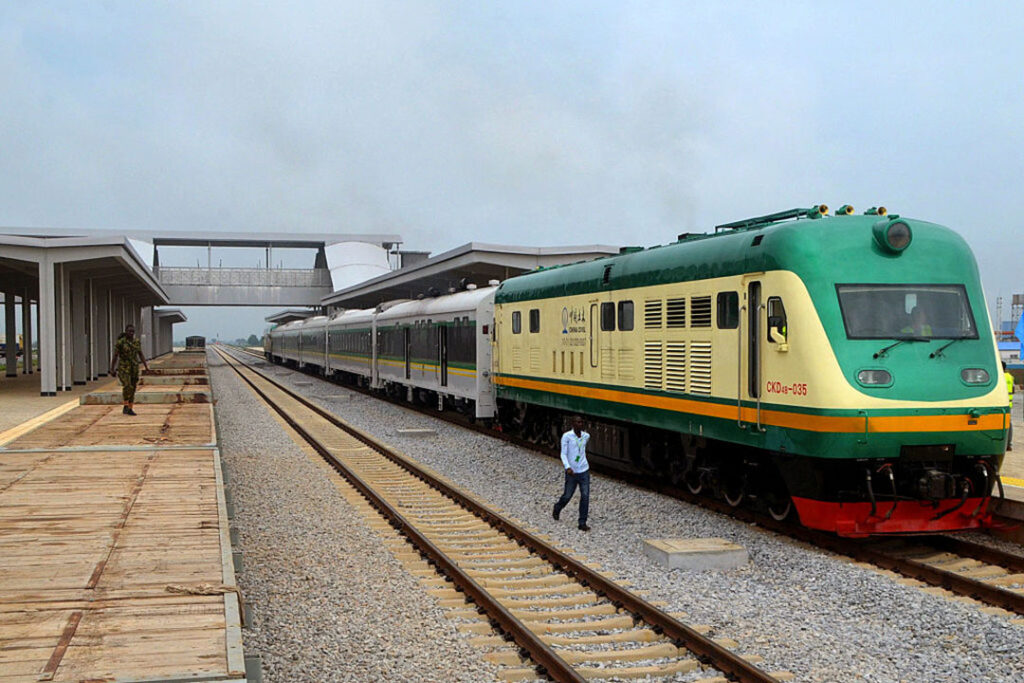ADF STAFF
Nigerians are turning up the heat on their government to account for rising debt to China and a lack of transparency they say could put the nation’s sovereignty at risk.
The Socio-Economic Rights and Accountability Project (SERAP), a nonprofit that advocates for transparency in the economy and social rights in Nigeria, filed a federal lawsuit in August demanding that President Muhammadu Buhari publish specifics of Chinese loans since May 2015, including interest rates, total debt amounts and project details.
The Alliance for Surviving COVID-19 and Beyond, a coalition of more than 70 labor and civil society organizations, echoed the request for transparency in an August 2 statement.
“Millions of Nigerians continue to face harsh economic difficulties, lacking access to basic needs, yet the debt profile of the country continues to increase,” the statement read. “It is even more grievous that the government continues to take loans on behalf of the people without their consent, neither their keen understanding of the terms.”
Another group — the Radical Agenda Movement in the Nigerian Bar Association (RAMINBA) — went a step further in applying public pressure, calling on Buhari and the National Assembly to cancel a $5.3 billion railway construction loan between Nigeria and China’s state-owned Export-Import (Exim) Bank.
The issue that most alarms these groups is Nigeria’s sovereignty if it defaults.
The contracts contain a clause that states: “The borrower hereby irrevocably waives any immunity on the grounds of sovereign or otherwise for itself or its property in connection with the enforcement of any arbitral award pursuant thereto, except for the military assets and diplomatic assets.”
Adesina Ogunlana of RAMINBA called the situation a state of emergency.
“Nigeria’s debt independent revenue is at 96% now,” he said in a press conference. “What this means is that for every N1 the country earns as revenue, 96 kobo is used to refund loans.
“How can any government that’s sworn to protect and promote the interests of its people freely and voluntarily enter into an agreement that empowers another country to seize, control, use and appropriate any of its national assets except military or diplomatic assets?”
SERAP’s lawsuit came after its May 30 Freedom of Information request to Buhari, expressing “concerns that while governments since 1999 have borrowed money in the name of Nigeria and its citizens, much of the funds have reportedly been mismanaged, stolen or squandered, leaving the citizens with the burden of having to repay these loans.” Nigeria transitioned from a military to civilian government in 1999.
For its part, Nigeria’s Debt Management Office has acknowledged $3.12 billion in debt to China, while refuting the notion that the nation’s sovereignty hangs in the balance.
“Debt service is recognized, and payment is planned for,” read a statement on the government website. “In addition, a number of the projects being (and to be) financed by the loans are either revenue generating or have the potential to generate revenue.”

